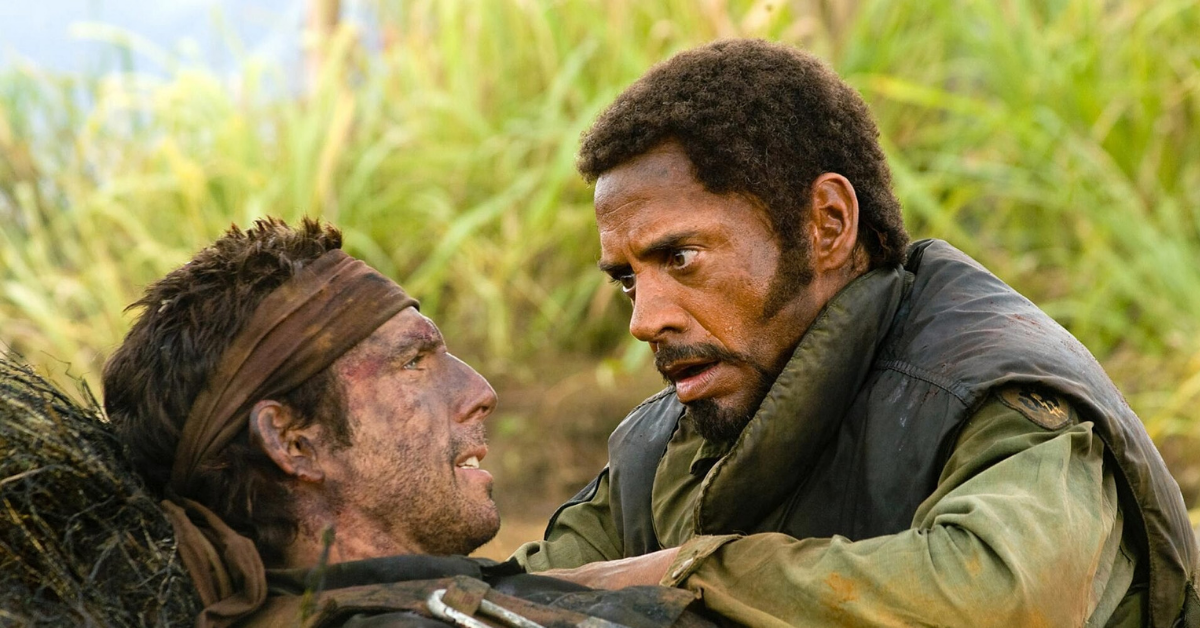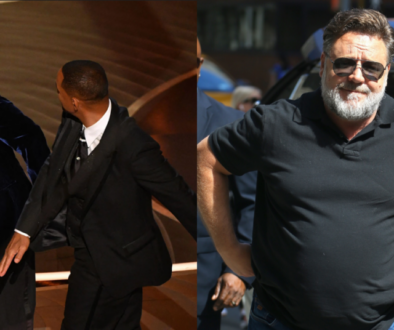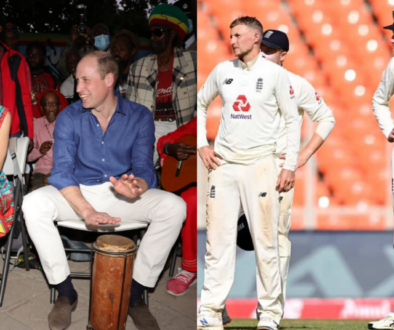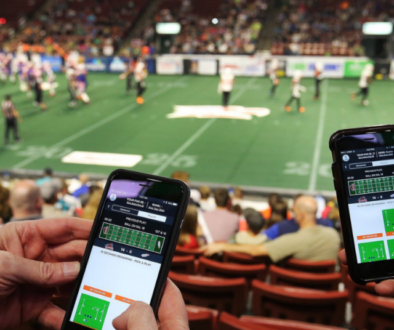2008: Tropic Thunder and The Golden Age of Dribbler Comedies
DYOR Dave

On a warm, bounced-out Sunday afternoon, I sat under a blanket absorbing the restorative power of the bounced-out trackies, and decided to watch an old favourite of mine, Tropic Thunder. The star-studded action-packed comedy was a perfect antidote for the Sunday blues, and it transported me back to a more innocent time, where the supremacy of outrageous comedy was the religion to which my friends and I subscribed to. Playgrounds were full of movie quotes we didn’t even understand, the dinner table was alive with jabs and jibes that were quickly discouraged by parents. We didn’t know it at the time, but we were living through the golden age of dribbler comedies.
Perhaps my tastes have matured or perhaps the world has moved on, but it would be a farce for any dribbler to properly go through life without recognising and appreciating the immense wealth of laughs we were blessed with as a result of a small group of actors and producers. In 2008 alone we were treated to Step Brothers, Semi-Pro, Forgetting Sarah Marshall, Pineapple Express, The Love Guru, Role Models and the second Harold and Kumar just to name a few. In the years either side, we saw The Hangover, Bruno, Superbad, Blades of Glory, Hot Fuzz and Knocked Up.
Among these iconic titles, Tropic Thunder truly stands out as a masterpiece of cinematic experience. A self-critique on film itself and Hollywood culture wrapped in a meta-action-comedy about drug cartels and making a movie, set along the backdrop of a faux-Vietnam war… with Tom Cruise. It’s a piece of art to say the least, from the opening trailers for Booty Sweat and Jeff Portnoy’s “The Fatties Fart 2,” to Tom Cruise’s legendary dance at the end.
Looking at the cast alone, the film probably would have been a hit no matter what happened in it, with Jack Black, Robert Downey Jr, Ben Stiller, Matthew McConaughey, Danny McBride, and the aforementioned Scientologist. However, this film went further to parody itself through so many different angles, the clearest being the exploitation of War Stories that end up devaluing the real experience, but there’s more.
The main characters each critique a different part of Hollywood and cinema cliche, with the more innocent and obvious Tugg Speedman’s superhero franchise or Jeff Portnoy’s Eddie Murphy spoof, to the serious issues like blackface and representation of mentally disabled people. I’m not going to stand here and say that this film dealt with those topics with subtle care or broke any barriers, but if you watch that film and think that it’s promoting any of that, you’ve got ping pong balls for eyes.
Perhaps nowadays that wouldn’t fly in a big blockbuster film, along with just about everything else in the Harold and Kumar film of the same year, but as these subversive tropes have been moved to the backbenches of the theatres and streaming platforms, the ability to properly execute them diminishes. The timeline of mainstream comedy changes and seemed to hit its peak of vulgarity around the American pie era, before it then got pulled back to more subtle and less edgy comedy.
Individual opinions may vary, but as we move closer into a period of saturated entertainment where comedies take a back seat to superhero franchises, it’s important to look back and remember the good times. It truly was a spectacle to live through a time where you could witness the most offensive, disgusting, and morally ambiguous acts being performed by the biggest stars in the world on the big screen.
Fancy yourself as a bit of a writer? Got some unqualified opinion and unwavering bias you’d like to share with the world? Send it through to dyor@hellosport.com.au to be featured on the site



